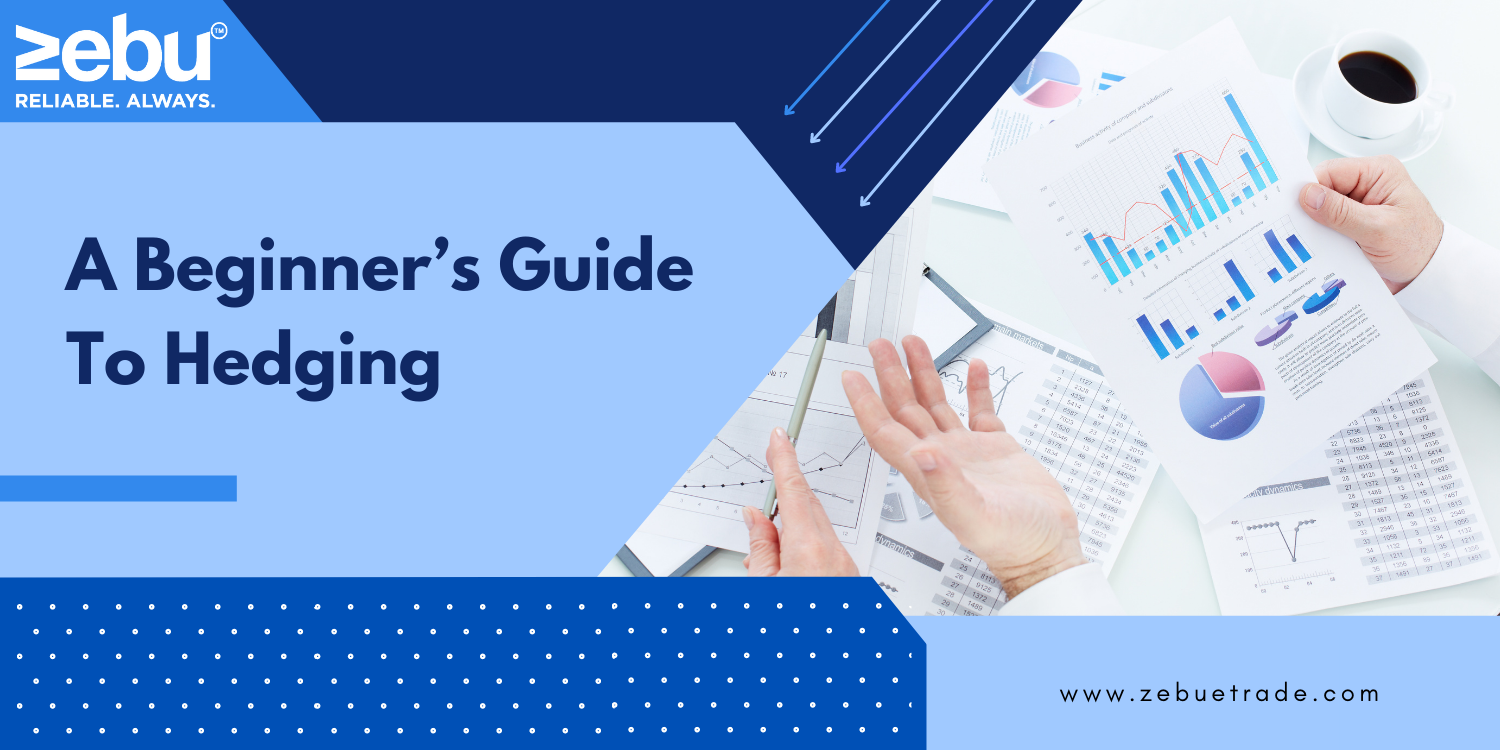
A lot of factors influence an option’s pricing, which can benefit or hurt traders depending on their positions. The “Greeks” are a set of risk metrics named after the Greek letters that identify them, which reflect how sensitive an option is to time-value decay, changes in implied volatility, and movements in the price of its underlying security.
Theta, vega, delta, and gamma are the four basic Greek risk measurements. Here’s a closer look at each.
Before we begin…
Options trading can be extremely profitable if done with the right trading system and with discipline. However, you need to back up your strategy with the best Indian trading platform like Zebull from Zebu. We provide one of the lowest brokerages for intraday trading and are one of the top brokers in the share market right now. And we would love to help you with your options strategy execution.
Why option Greeks
For the uninitiated, options can be exercised, or converted into shares of the underlying asset, at a set price. Every option has an expiration date and a premium connected with it. One of the most popular option pricing models is Black-Scholes, which leads to price fluctuations. Greeks are frequently viewed alongside an option price model to properly assess risk.
Volatility
Volatility refers to how much an option’s premium (or market value) changes before expiration. Financial, economic, and geopolitical risks can all create price changes.
Implied volatility measures the market’s expectation of price movement. Investors use implied volatility (or implied vol) to forecast future price movements in a securities or company. If implied volatility is predicted to rise, the premium on an option will likely rise as well.
Profitability
Several words describe a profitable or unprofitable option. The intrinsic value is the difference between the strike price and the price of the underlying stock or asset.
At-the-money options have the same strike price as the underlying asset. An in-the-money option has a profit because the strike price is higher than the underlying price.
In contrast, an out-of-the-money option has no profit when compared to the underlying’s price. In the case of a call option, the underlying price is less than the strike price. A put option is OTM when the underlying price exceeds the strike price.
Influences on an Option’s Price
Assuming other variables stay constant, an increase in implied volatility increases an option’s price.
Traders that are long or short will have different returns. If a trader is long a call option, increased implied volatility is beneficial since it increases the option premium. For traders holding short call options, an increase in implied volatility has the opposite (or negative) effect.
A surge in volatility would not assist a naked option writer because they want the option’s price to fall. Writers are option sellers. If a writer sells a call option, the buyer will exercise the option if the stock price rises above the strike. That is, if the stock price rose enough, the seller would have to sell shares to the option holder at the strike price.
Sellers of options are compensated for the risk of their options being exercised against them. This is called shorting.
A decrease in implied volatility, shorter expiration time, and a decline in the underlying security’s price favour the short call holder.
Increasing volatility, time left on the option, and underlying will benefit long call holders.
Indicated volatility decreases, time till expiration increases, and the price of the underlying security rises for short put holders, whereas long puts profit from an increase in implied volatility, time until expiration increases, and the underlying security price decreases.
During the life of most option deals, interest rates play a little influence. Its impact on an option’s price is measured by rho, a lesser-known Greek. Generally, higher interest rates make call options more expensive and put options cheaper.
All of this sets the stage for examining the risk categories used to assess these variables’ relative impact.
Remember that the Greeks help traders forecast price fluctuations. In this article, we have laid a foundation on what moves an option price. In the next article, let’s take a closer look at the different Greeks in an option.
At Zebu, we strive to provide our customers with the lowest brokerage for intraday trading. Zebull is our proprietary trading platform that lets you analyse option greeks to perfection and is growing fast to become the best Indian trading platform. As one of the top brokers in share market, we believe that we have the right products and features to help you make the best trades. Please get in touch with us to know more.
